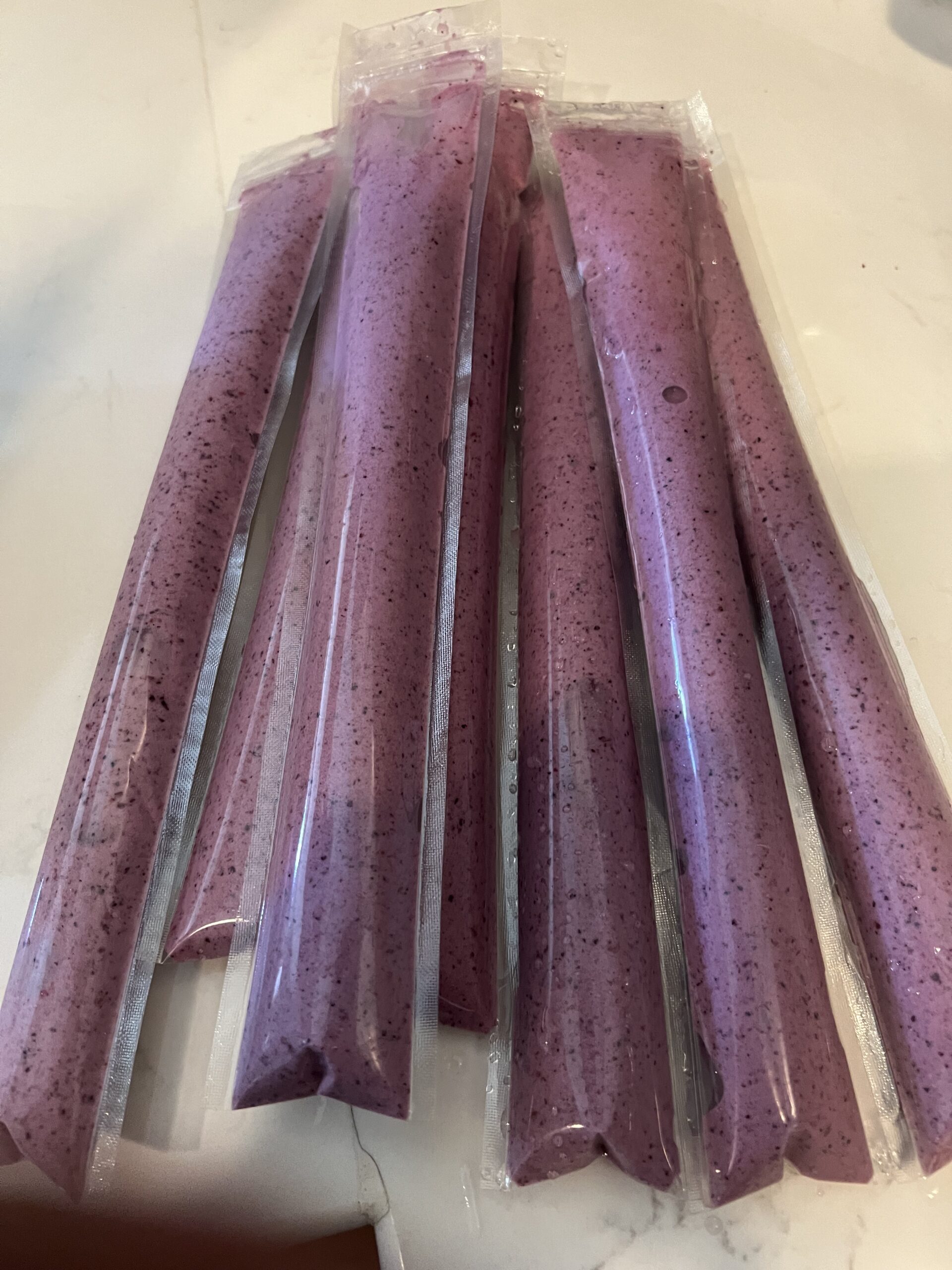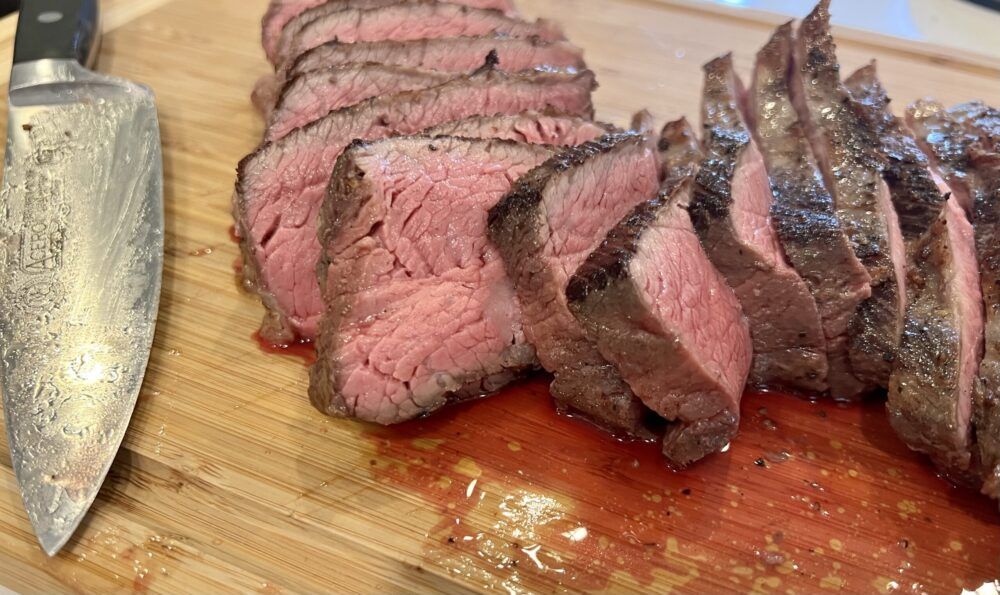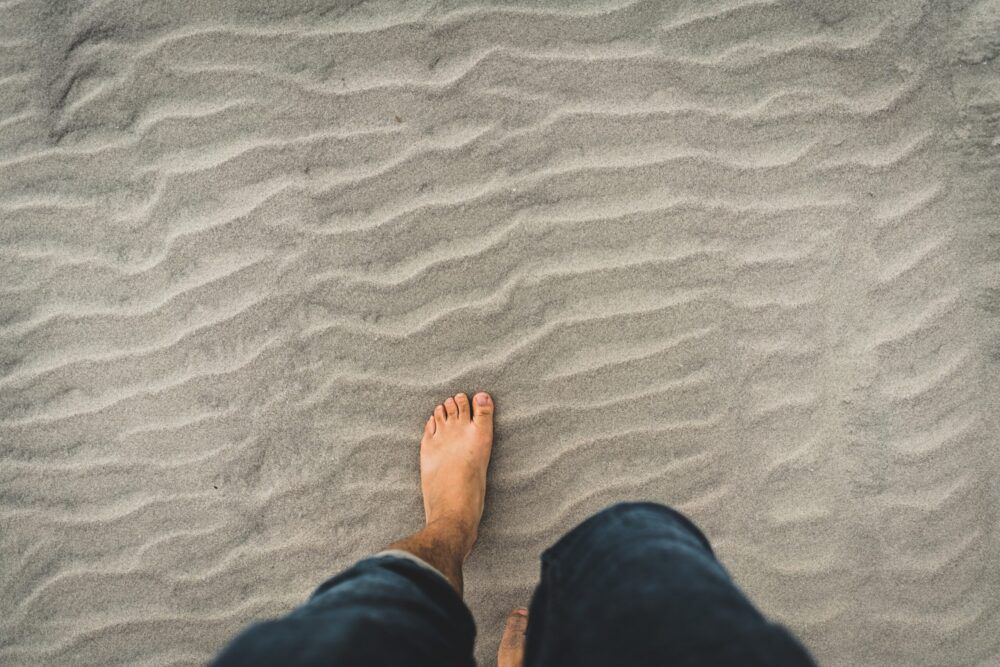Author: Michael Easter
Overarching Theme: Embracing Discomfort for a Happier, Healthier Life
Brief Summary:
In “The Comfort Crisis,” author Michael Easter explores the idea that our modern, comfy lifestyles might be doing us more harm than good. He takes us on a series of wild adventures, like hunting in Alaska and icy swims in Iceland, to show that facing challenges and pushing our limits can make us healthier and happier. By mixing science, interviews, and personal stories, Easter reveals that stepping outside our comfort zones can improve our mental and physical well-being. One of the key concepts in the book is Misogi, a practice of pushing oneself through extreme challenges to achieve personal growth and self-discovery.
Important Take-Aways:
The necessity of discomfort: Our ancestors faced challenges that helped shape their resilience and well-being. In our modern world, we’re missing out on these natural stressors, leading to increased anxiety, depression, and chronic diseases.
Embracing discomfort can improve well-being: Engaging in challenging experiences, such as practicing Misogi, can help us build resilience, enhance our mental and physical health, and increase our sense of fulfillment and happiness.
Nature as a source of healing: Spending time in nature can reduce stress, increase creativity, and improve immune function. Reconnecting with nature can help us regain some of the lost connection to our ancestral roots.
Interesting Tidbits:
Brown fat activation: Cold exposure can activate brown adipose tissue (brown fat), which has been linked to improved metabolism, increased calorie burning, and better insulin sensitivity. Unlike white fat, brown fat generates heat and burns calories to keep the body warm, making cold exposure a potential tool for weight management.
Autophagy benefits: Intermittent fasting (or occasional 48-72hr fast) can induce a process called autophagy, where the body breaks down and recycles damaged cells and cellular components. This process has been associated with numerous health benefits, including reduced inflammation, improved cognitive function, and increased longevity.
Nature’s impact on creativity: Research has shown that spending time in nature can boost creativity and problem-solving skills by up to 50%. This phenomenon is attributed to the restorative effects of nature on our cognitive abilities and the reduction of mental fatigue.
Exposure to natural light: Regular exposure to natural light, especially in the morning, can help regulate our circadian rhythms, which in turn influence sleep quality, mood, and overall well-being. Many people in modern societies spend the majority of their day indoors, missing out on the essential benefits of sunlight.
Actionable Steps:
- Get moving: Incorporate regular physical activity, like brisk walking, running, or strength training, into your daily routine to promote physical and mental health.
- Practice intermittent fasting (or occasional extended fast): Try skipping meals occasionally, such as following the 16:8 intermittent fasting method, to help your body become more resilient and adaptive while providing health benefits.
- Embrace cold exposure: Start with short, manageable cold exposures, like cold showers or ice baths, to improve circulation, boost mood, and increase resilience. Gradually increase the duration as your body adapts.
- Spend time in nature: Make an effort to connect with nature regularly through activities like hiking, camping, or taking a walk in the park to reduce stress, improve mental health, and gain perspective.
- Challenge yourself mentally: Engage in activities that push your mental boundaries, such as learning a new skill, taking on a challenging project, or engaging in mindfulness meditation. These practices can help build mental resilience and foster personal growth. Additionally, consider incorporating Misogi into your life to push your limits and achieve self-discovery.
A few of my favorite quotes from the book related to stepping outside our comfort zones:
“Comfort is the enemy of growth. When we constantly seek comfort, we miss out on the benefits of hardship and the opportunity to develop our resilience, character, and capabilities.”
“The more comfortable we get, the more we suffer. Our brains are wired to seek comfort, but when we indulge in it too much, we rob ourselves of the chance to build the mental and physical resilience we need to navigate the challenges of life.”
“We’ve engineered our lives to be as comfortable as possible, but in doing so, we’ve inadvertently made ourselves weaker and more vulnerable to stress, anxiety, and disease.”
“Discomfort is a signal that we’re pushing our boundaries, and that’s where growth and learning happen. When we avoid discomfort, we stagnate.”
In conclusion, “The Comfort Crisis” offers valuable insights into the importance of embracing discomfort and challenging ourselves to improve our overall well-being. By incorporating physical activity, intermittent fasting, cold exposure, nature connection, mental challenges, and the practice of Misogi into our daily lives, we can reap the benefits of a happier, healthier, and more resilient existence.



